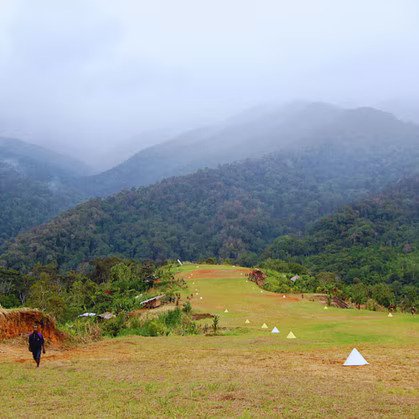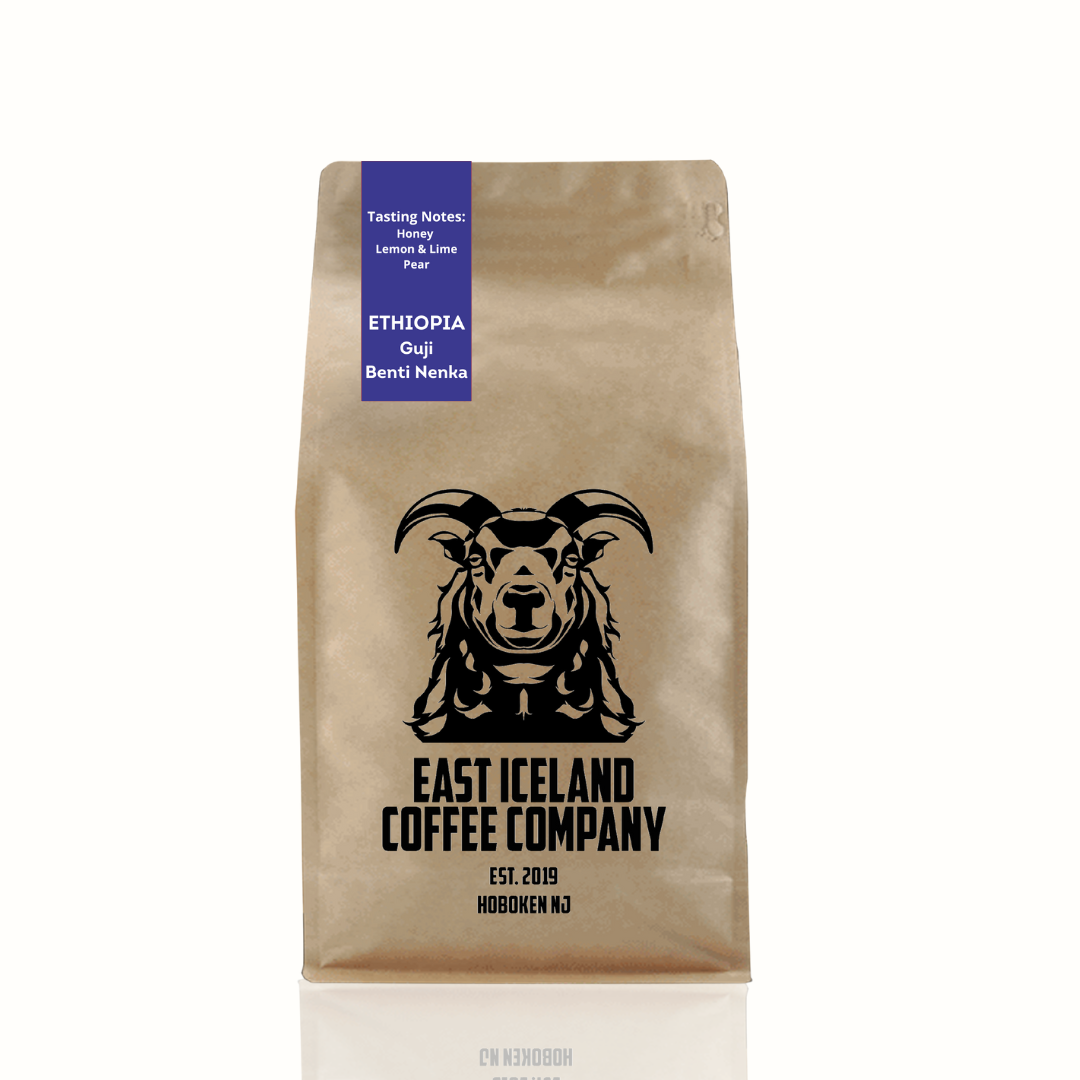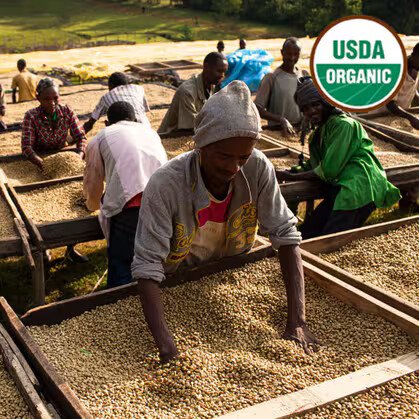COLOMBIA Tolima Regional Lot
This regional blend comes from a multi-coop in Tolima Colombia. A great representation of coffee from Colombia with familiar notes of caramel, berries, stone fruit, and citrus zest. It is a very balanced morning drip and fantastic as a single-origin espresso.
Region: Tolima
Traceable To: Multi-Coop
Roast Profile: Medium
Process: Wet Process aka Washed
Variety: Caturra, Castillo, Colombia
Altitude: 1500-2200 MASL
Brewing suggestion: Drip Coffee, Pour Over, French Press, Cold Brew, Espresso.
12 oz - 340 Grams
This regional blend comes from a multi-coop in Tolima Colombia. A great representation of coffee from Colombia with familiar notes of caramel, berries, stone fruit, and citrus zest. It is a very balanced morning drip and fantastic as a single-origin espresso.
Region: Tolima
Traceable To: Multi-Coop
Roast Profile: Medium
Process: Wet Process aka Washed
Variety: Caturra, Castillo, Colombia
Altitude: 1500-2200 MASL
Brewing suggestion: Drip Coffee, Pour Over, French Press, Cold Brew, Espresso.
12 oz - 340 Grams
This regional blend comes from a multi-coop in Tolima Colombia. A great representation of coffee from Colombia with familiar notes of caramel, berries, stone fruit, and citrus zest. It is a very balanced morning drip and fantastic as a single-origin espresso.
Region: Tolima
Traceable To: Multi-Coop
Roast Profile: Medium
Process: Wet Process aka Washed
Variety: Caturra, Castillo, Colombia
Altitude: 1500-2200 MASL
Brewing suggestion: Drip Coffee, Pour Over, French Press, Cold Brew, Espresso.
12 oz - 340 Grams
Cordillera de Calarma is a mountain peak in the Andes and a culturally significant zone in the Tolima Department. The region was once the home of the Pijao, an indigenous tribe. Today, it is a sanctuary for more than 300 bird species and the native Spectacled Bear.
Coffee is the main source of income for producers in Cordillera de Calarma. They supplement their livelihood with other crops such as beans, livestock, sugarcane, and cocoa. Their farms range from one to three hectares, and span 1,500 to 2,200masl. They harvest coffee cherries by hand, depulp and ferment the beans for 18 to 48 hours, and sun-dry the coffee across the roofs of their homes and farm buildings.
Source: GenuineOrigin.com


















